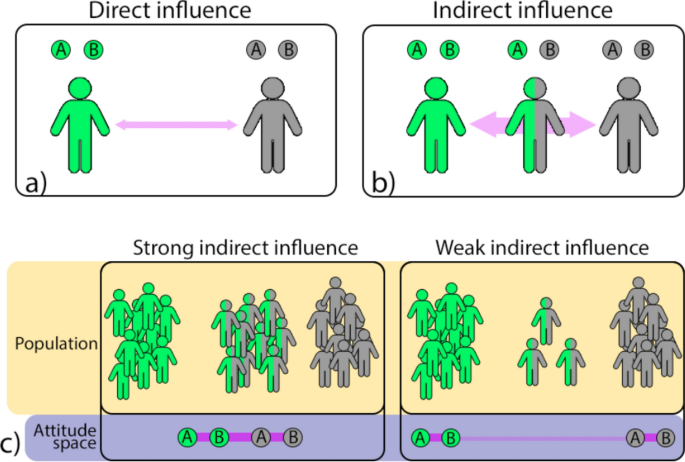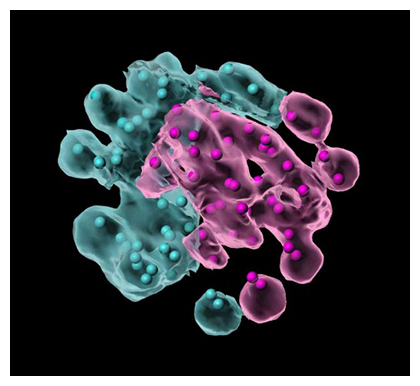2022-05-20 アイルランド・リムリック大学(UL)
140カ国以上の世界的なデータを分析した新しい研究により、部分的に納得している人々は、「人間の影響の連鎖」の一部として、ワクチン接種に対する信頼を広めてくれることが明らかになりました。
Scientific Reports誌に掲載されたばかりのこの研究は、ワクチン接種に何らかの疑念を表明している人々の存在が、中立的な人々への信頼を促進するために不可欠であるという驚くべき結果を明らかにしました。
「有効なワクチンは、感染症や将来のパンデミックに対する最初の防衛線ですが、人々が説得して使用することができなければ意味がありません。なぜ、ワクチンについて疑問を持った人が、簡単にワクチン懐疑論者の側に立ってしまうのでしょうか?と、本研究の主執筆者でリムリック大学のマリー・キュリー・フェローであるディノ・カーペントラス博士は説明しています。
「人々は毎日互いに話をし、互いの意見を形成しています。我々の研究では、これがどのように起こるかを分析し、なぜ中立的な人々がワクチン反対派により説得されるのかを考えました。研究チームは、二人の考え方が似ていればいるほど、お互いに影響を及ぼし合うことができるという考えから出発しました。そして、このことが社会における信頼の伝播にどのような影響を及ぼすかを、計算モデルを使って検証しました。」
カーペントラス博士は、「モデルの結果は、ワクチン接種について、小さな不安を表明する人が十分にいれば、ワクチン懐疑派の影響力を制限することができます。社会における信念や態度を生態系として考えることに依存していることを明らかにしています。」
更なる分析により、ワクチン接種に対して肯定的な立場と中立的な立場の間に「連鎖の切れ目」がある国の成績が悪いことが確認された。完全に信頼している人と中立的な人の間の影響の連鎖が弱いほど、翌年のワクチン接種率が低くなり、ワクチン懐疑論者の増加も大きくなった。と、研究チームは説明しています。
<関連情報>
- https://www.ul.ie/news/university-of-limerick-research-reveals-variety-of-opinions-are-crucial-for-fostering-trust-in
- https://www.nature.com/articles/s41598-022-10069-3
反ワクチンの魅力を説明するための世界的な意見空間のマッピング Mapping the global opinion space to explain anti-vaccine attraction
Dino Carpentras,Adrian Lüders & Michael Quayle
Scientific Reports Published:19 May 2022
DOI:https://doi.org/10.1038/s41598-022-10069-3

Abstract
Vaccines save millions of lives every year. They are recommended by experts, trusted by the majority of people, and promoted by expensive health campaigns. Even so, people with neutral attitudes are more persuaded by people holding anti-vaccine than pro-vaccine attitudes. Our analysis of vaccine-related attitudes in more than 140 countries makes sense of this paradox by including approaches from social influence. Specifically, we show that neutral people are positioned closer to anti- than to pro-vaccine people in the opinion space, and therefore more persuadable by them. We use dynamic social simulations seeded with vaccine survey data, to show how this effect results in a drift towards anti-vaccine opinions. Linking this analysis to data from two other multi-country datasets, we found that countries in which the pro-vaccine people are less associated to the neutrals (and so less able to influence them) exhibit lower vaccination rates and stronger increase in distrust. We conclude our paper by showing how taking social influence into account in vaccine-related policy-making can possibly reduce waves of distrust towards vaccination.

